
Dubai has set itself a target of increasing the use of recycled water while reducing the consumption of desalinated water in the next seven years.
By 2030, the emirate plans to raise its water reuse rate to 100 per cent and curb desalinated water and related power consumption by 30 per cent.
An ambitious water reclamation programme led by Dubai Municipality for over five decades has seen the city achieving an impressive water reuse rate of 90 per cent.
Reclaimed water is mainly used for irrigation and landscaping as well as for central cooling and firefighting operations.
Dubai Municipality currently operates wastewater treatment plants in Al Khawaneej, Warsan and Jebel Ali areas.
#Dubai's rise as one of the world’s best cities to live and work has been underpinned by a sustainability strategy that prioritises harmony with nature. At the core of this strategy is a commitment to optimising the use of the emirate’s natural resources.https://t.co/PmdEtXkW9n pic.twitter.com/Xteh6zv5Gh
— Dubai Media Office (@DXBMediaOffice) August 21, 2023
Dubai’s water conservation journey
Dubai's first wastewater treatment plant was built in Al Khawaneej in 1969. In 1981, a new plant was established in Warsan followed by a plant in Jebel Ali in 2006.
Subsequent expansions, such as the 2015 upgrade of the Warsan plant to 325,000 cubic metres daily and the 2016 enhancement of the Jebel Ali plant to 675,000 cubic metres daily, have played a key role in meeting the rising demand for reclaimed water across diverse sectors.
Substantial savings
Today, Dubai extensively uses reclaimed water to irrigate green spaces and landscaping, distributing it through a network managed by the municipality's waste management and sanitation department.
Stretching approximately 2,400 km, this network, which covers most areas of the city, has facilitated the use of about 265 million cubic meters per year of water for green spaces.
Reclaimed water is used to irrigate an area of about 10,400 hectares in Dubai, including public gardens and green spaces, as well as landscaped areas in property developments.
On average, about 22 million cubic metres of reclaimed water is used monthly for irrigation purposes in the city.
Between 1980 and 2022, Dubai has produced over 4.5 billion cubic metres of reclaimed water.
By limiting the consumption of desalinated water and groundwater, the use of reclaimed water has resulted in substantial annual savings of approximately AED 2 billion. By 2030, Dubai aims to double its production of recycled water to over 8 billion cubic metres.
Diverse uses of reclaimed water
In 2022, over 6 million cubic metres of reclaimed water was used in central cooling stations, resulting in cost savings of around 47 per cent (AED7.1 million).
Using recycled water in resource-intensive infrastructure operations like central cooling stations has helped reduce costs and drive the expansion of energy-efficient technologies, leading to further reductions in power consumption and carbon emissions.
Reclaimed water is also used in physical treatment processes such as washing operations in sewage treatment plants and pumping stations.
Its use in firefighting operations is seen as a more eco-friendly alternative to desalinated water.




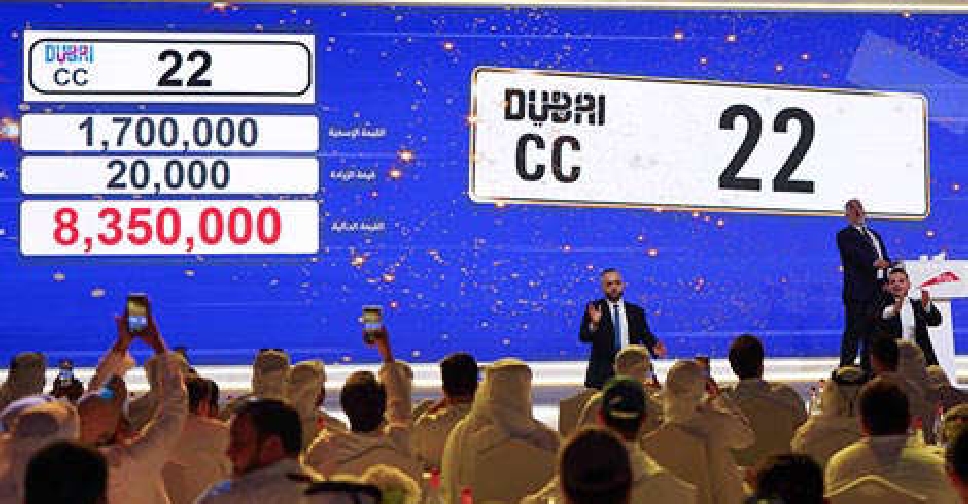 Dubai plate CC22 fetches AED8.5 million at RTA auction
Dubai plate CC22 fetches AED8.5 million at RTA auction
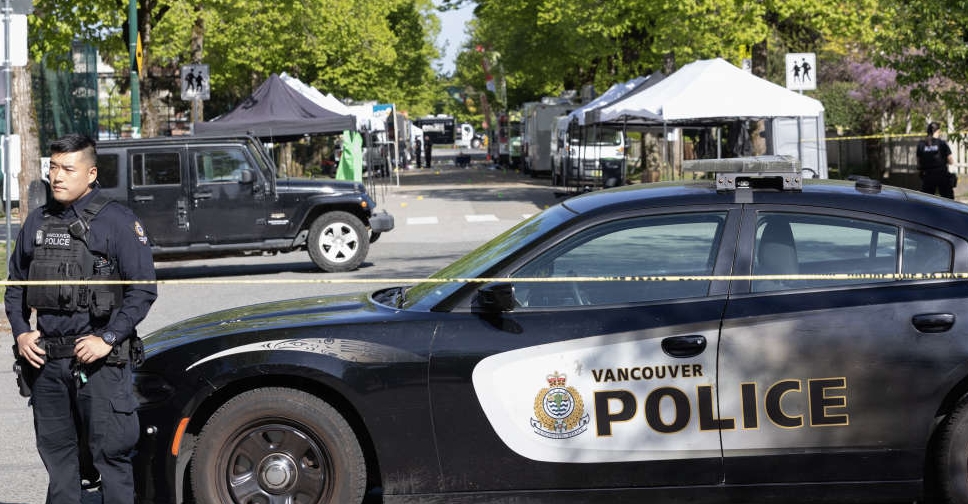 UAE condemns deadly attack at Filipino festival in Vancouver
UAE condemns deadly attack at Filipino festival in Vancouver
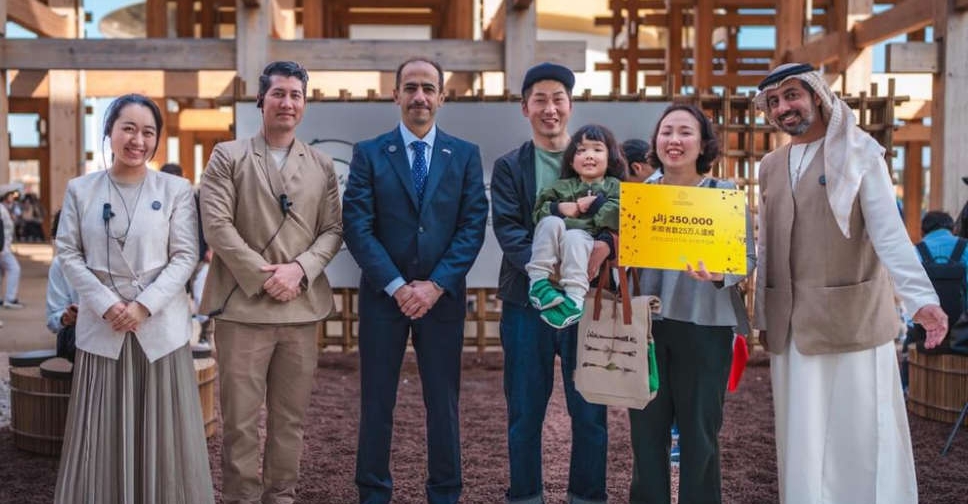 UAE marks milestone with 250,000th visitor at Expo 2025 Osaka
UAE marks milestone with 250,000th visitor at Expo 2025 Osaka
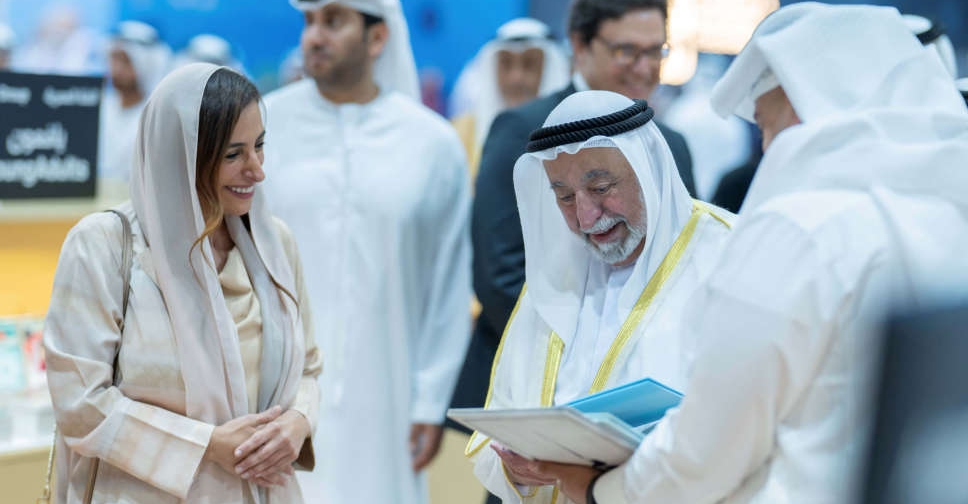 Sharjah Ruler allocates AED 2.5 million to update libraries
Sharjah Ruler allocates AED 2.5 million to update libraries
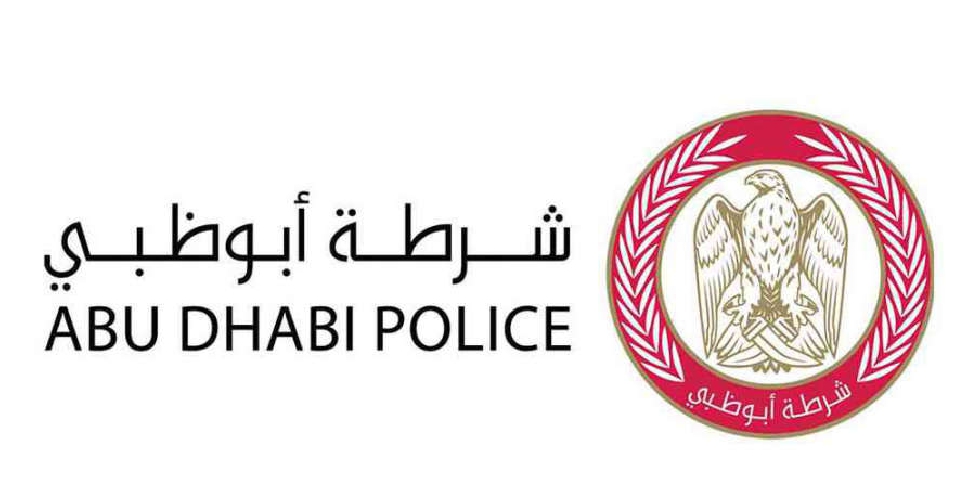 Fire at Al Wahda mall contained, no injuries reported
Fire at Al Wahda mall contained, no injuries reported







